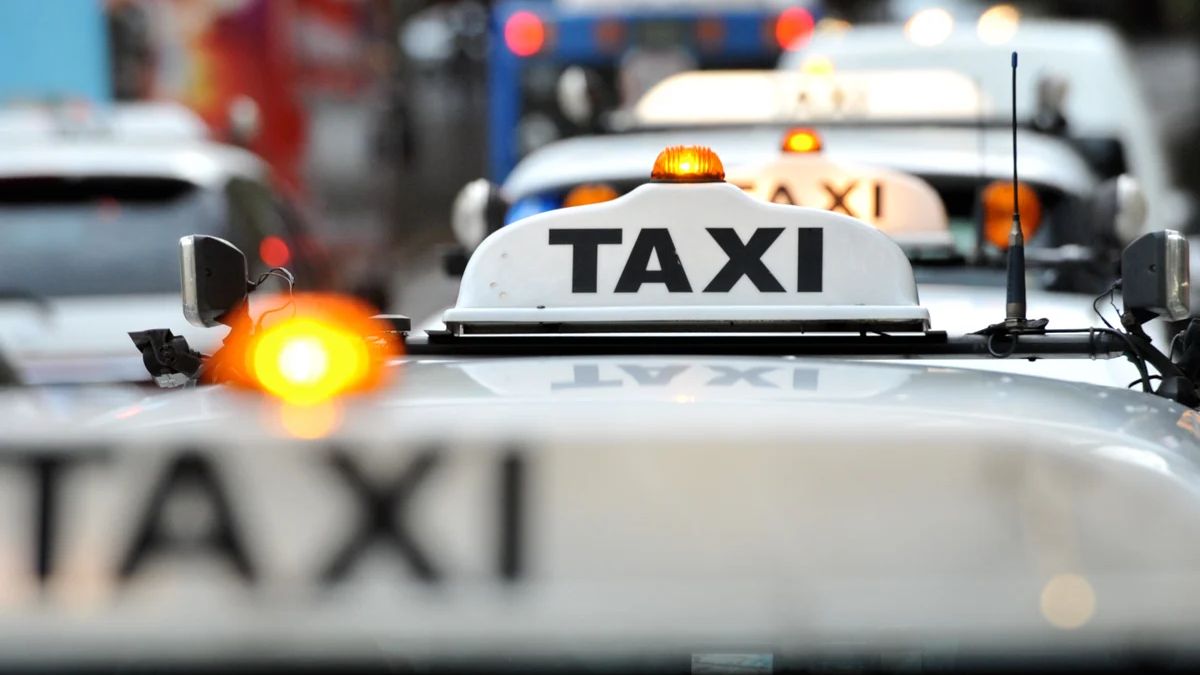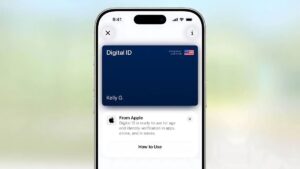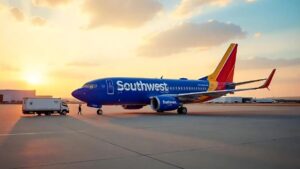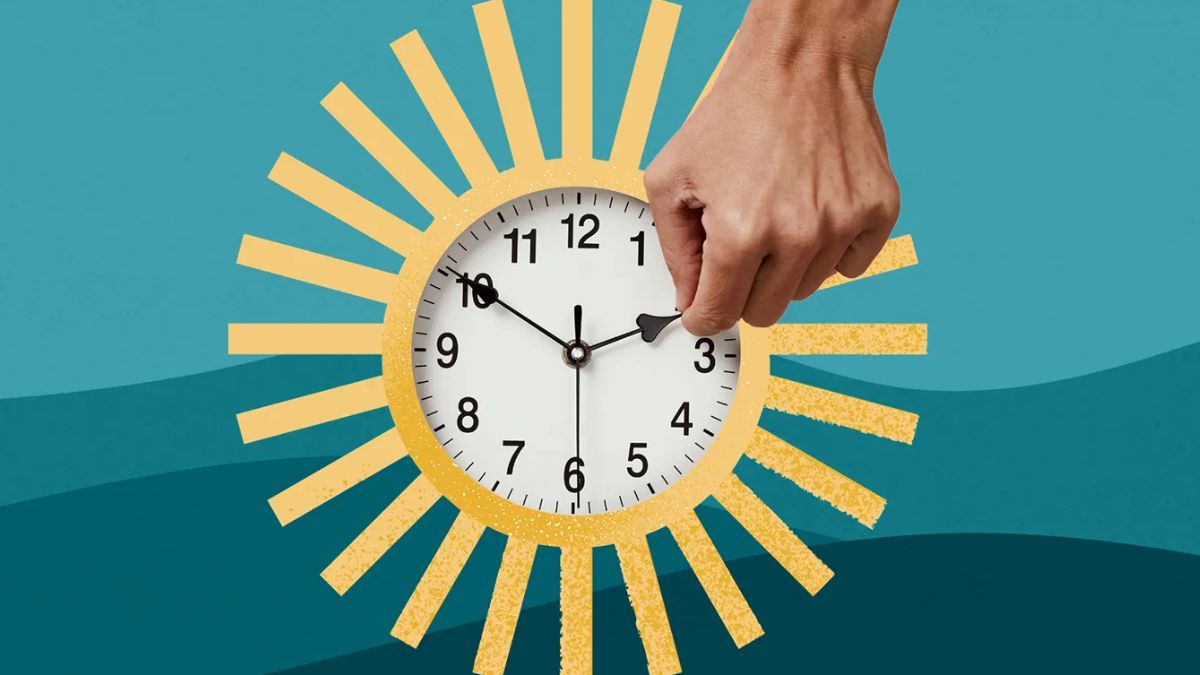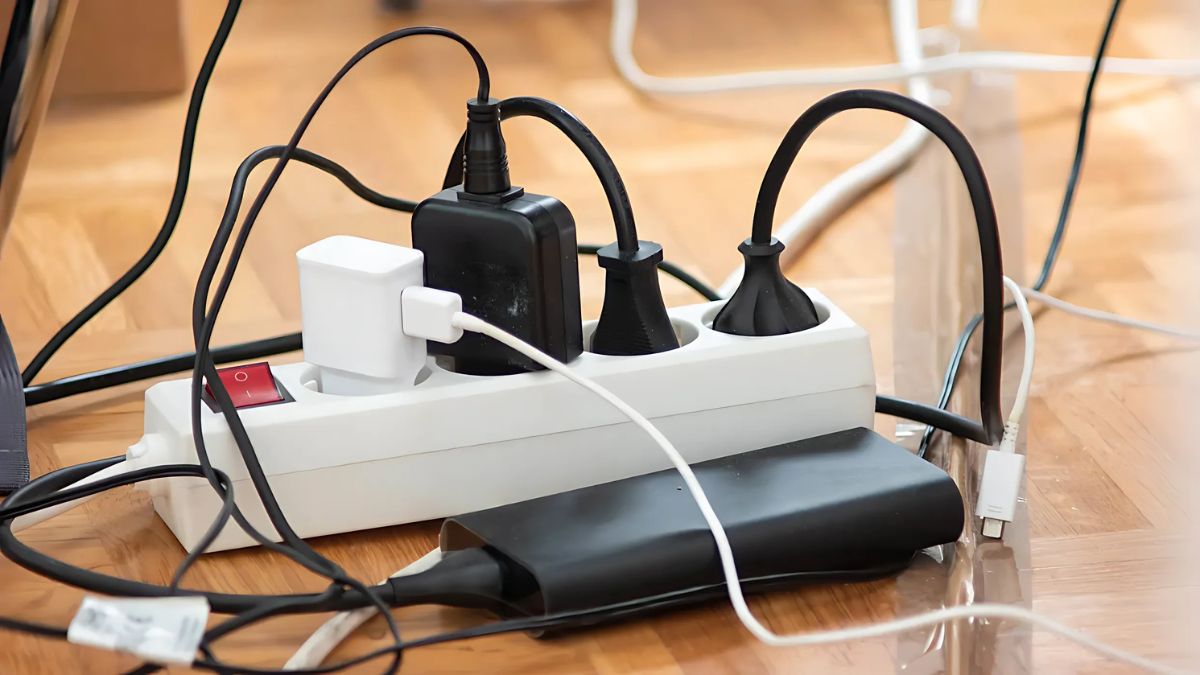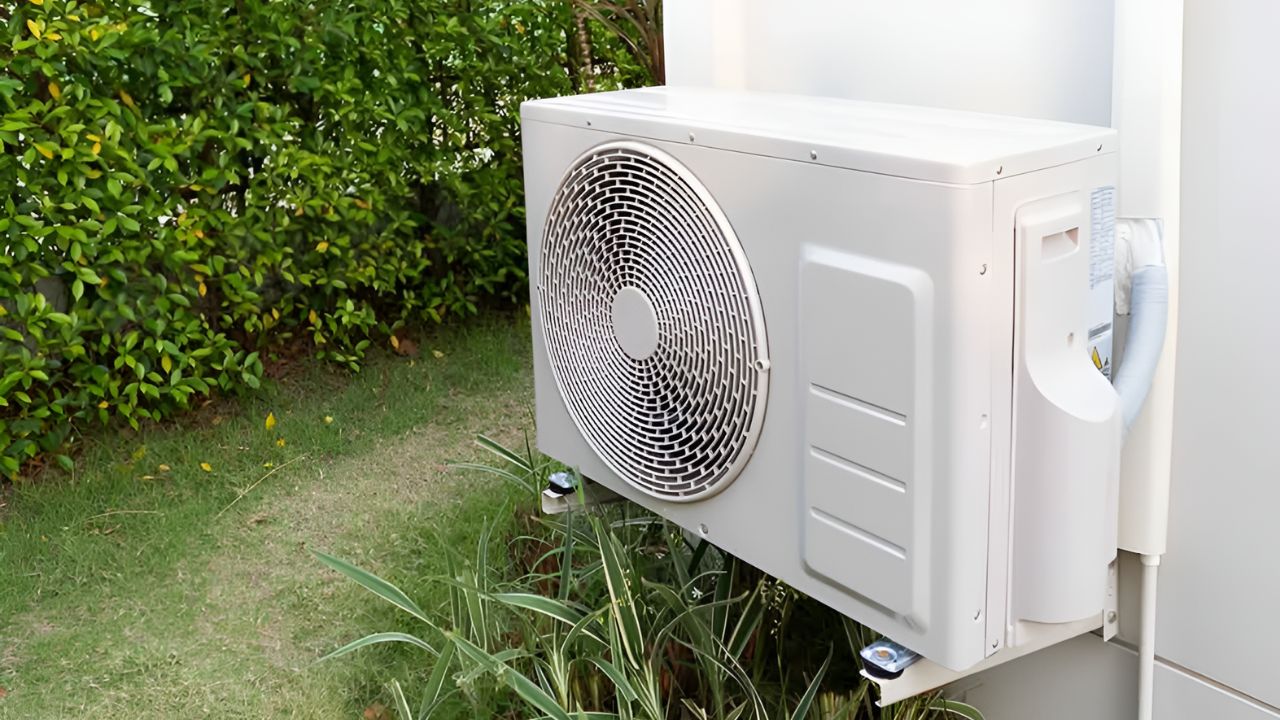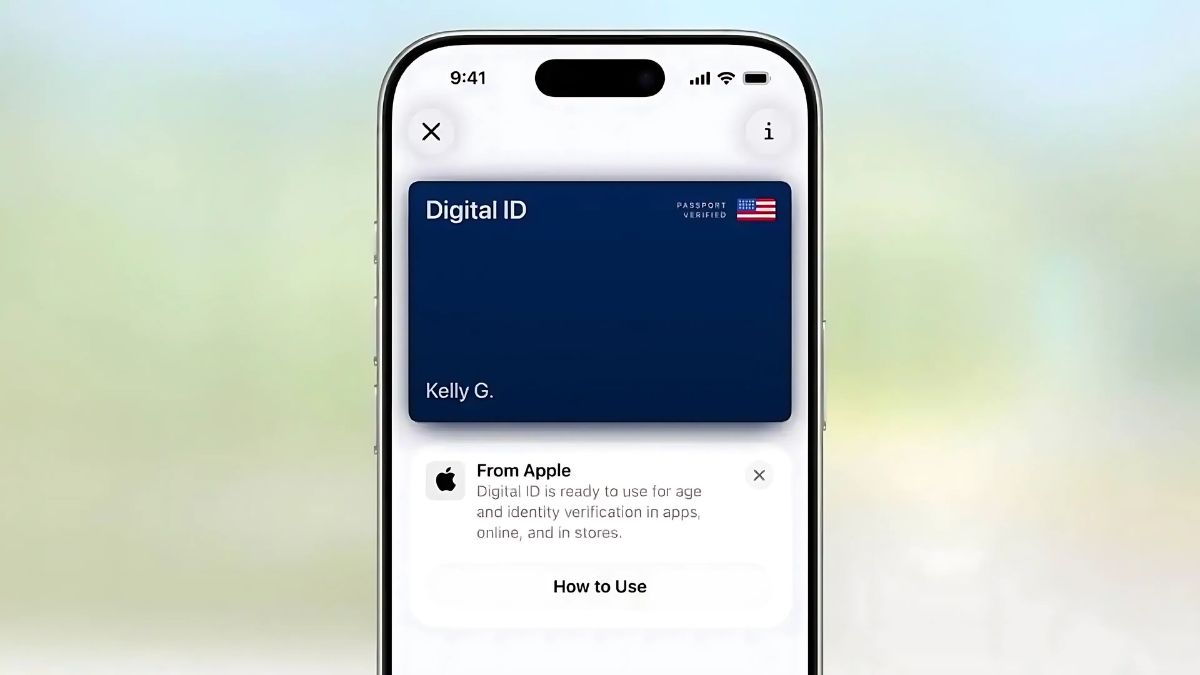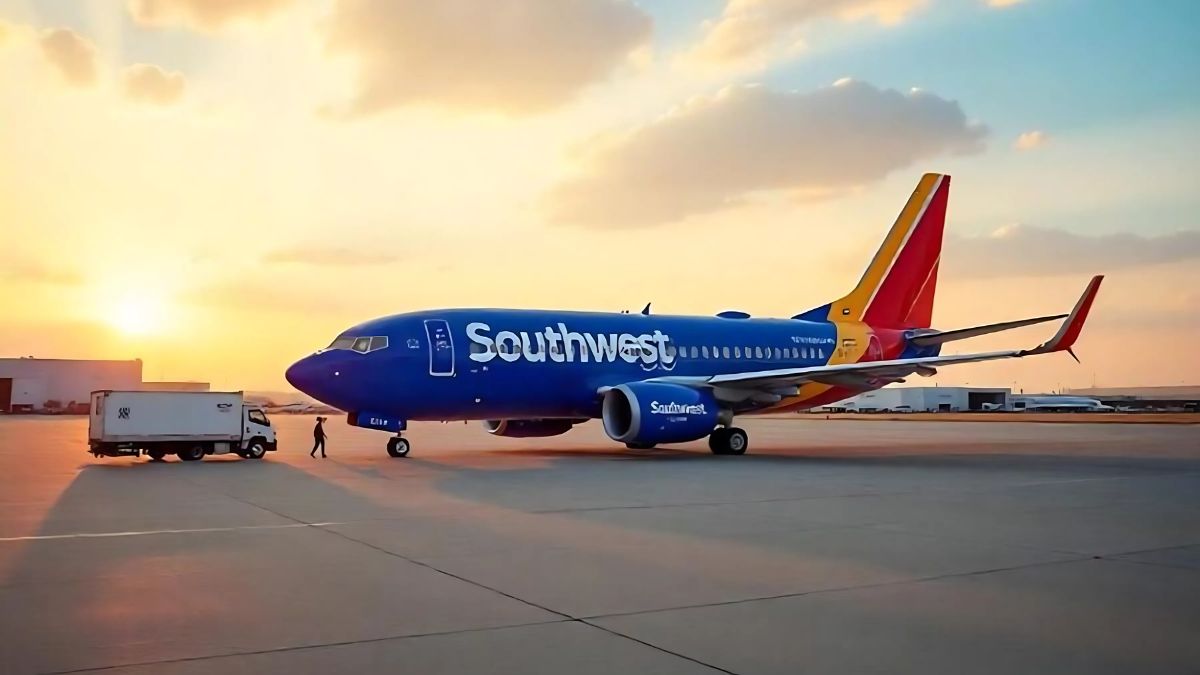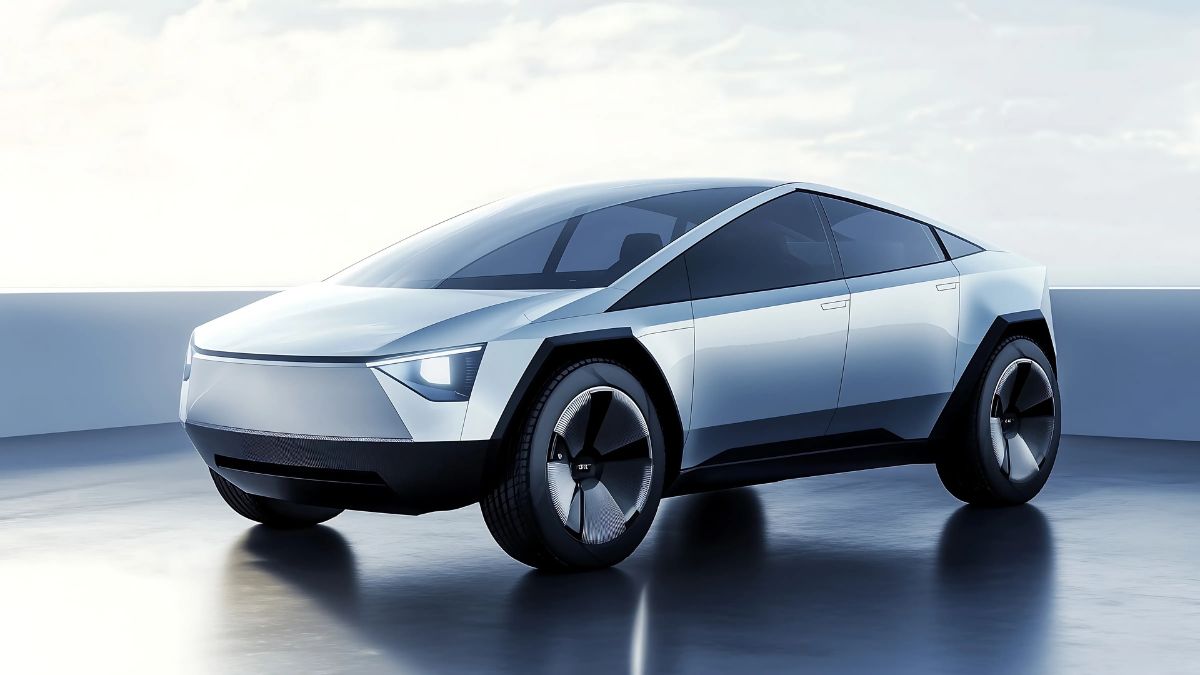The state of North Carolina has introduced a new tax aimed at boosting road infrastructure, and it’s changing the cost of getting around for many residents. Starting July 1, 2025, a new transportation tax applies to rides booked through companies like Uber, as well as traditional taxi services. The goal? Raise money to improve the state’s roadways and encourage more eco-friendly travel habits.
Uber
Since its launch in 2009, Uber has become one of the most widely used ride-hailing apps in the world. It operates in more than 900 metropolitan areas and has steadily challenged traditional taxi services with digital payments, real-time driver tracking, and competitive pricing.
For many, especially younger users who are comfortable with apps, Uber is the go-to choice. But the rise of this convenience-driven service has prompted governments to rethink how to regulate and tax these new forms of transport.
Tax
As of July 1, 2025, anyone using a ride-hailing service in North Carolina will see a small state tax added to their trip. The tax amount depends on how you travel:
| Type of Ride | Tax Rate | Description |
|---|---|---|
| Exclusive Ride | 1.5% | Traveling alone or choosing your own companion |
| Shared Ride | 1% | Sharing your ride with other passengers assigned by the app |
Even if the trip is canceled, the tax will still apply. This rule is part of a broader effort to raise money for infrastructure projects while nudging users toward more sustainable, shared transportation options.
Difference
Uber and taxis offer similar services, but they operate very differently. Which one you choose often comes down to factors like price, location, and convenience.
Here are some key differences:
- Cabs have wider access in restricted areas like airports and event zones, where Uber is often limited or banned.
- Uber is generally cheaper for short distances or during non-peak hours, especially when traffic is light.
- Uber users enjoy more control over the experience: seeing the driver’s route, paying digitally, and reading reviews.
- Until recently, Uber was the clear budget option—but with the new tax, prices are starting to level out, especially for solo trips.
Impact
For occasional riders, this new tax won’t make much of a dent. A 1% to 1.5% increase on a $15 ride adds only a few cents. But for those who rely on ride-hailing daily—especially during peak times—the extra cost adds up over time.
The tax may also influence rider behavior. Those looking to save a bit might opt for shared rides instead of solo trips, which helps reduce congestion and carbon emissions. That’s exactly what the state hopes will happen.
Purpose
Every cent of the tax collected is earmarked for road improvements in North Carolina. The goal is to make the roads safer and more efficient for all users, including those who don’t rely on ride-hailing apps.
It’s not just about raising money—it’s about long-term planning. As more people use private transportation services, the wear and tear on infrastructure increases. This tax helps close the gap between modern travel habits and the funding needed to maintain public roads.
Choice
At the end of the day, the decision between Uber and taxis comes down to personal preference and situation. While Uber offers a modern, app-based experience, taxis still serve essential roles in high-traffic areas and offer flexibility without the need for smartphones.
Now, with both services facing similar pricing due to new taxes, the playing field is more level than ever. Whether you’re a digital native or a fan of traditional cabs, expect to pay just a bit more for the ride—and know that your extra cents are helping to improve the roads beneath your wheels.
FAQs
When did the new tax take effect?
The new ride tax began on July 1, 2025.
How much is the Uber ride tax?
1.5% for exclusive rides and 1% for shared rides.
Why is North Carolina adding this tax?
To fund road infrastructure improvements statewide.
Does the tax apply to canceled rides?
Yes, even canceled trips are taxed.
Is Uber still cheaper than taxis?
Prices are now more equal, especially for solo trips.

